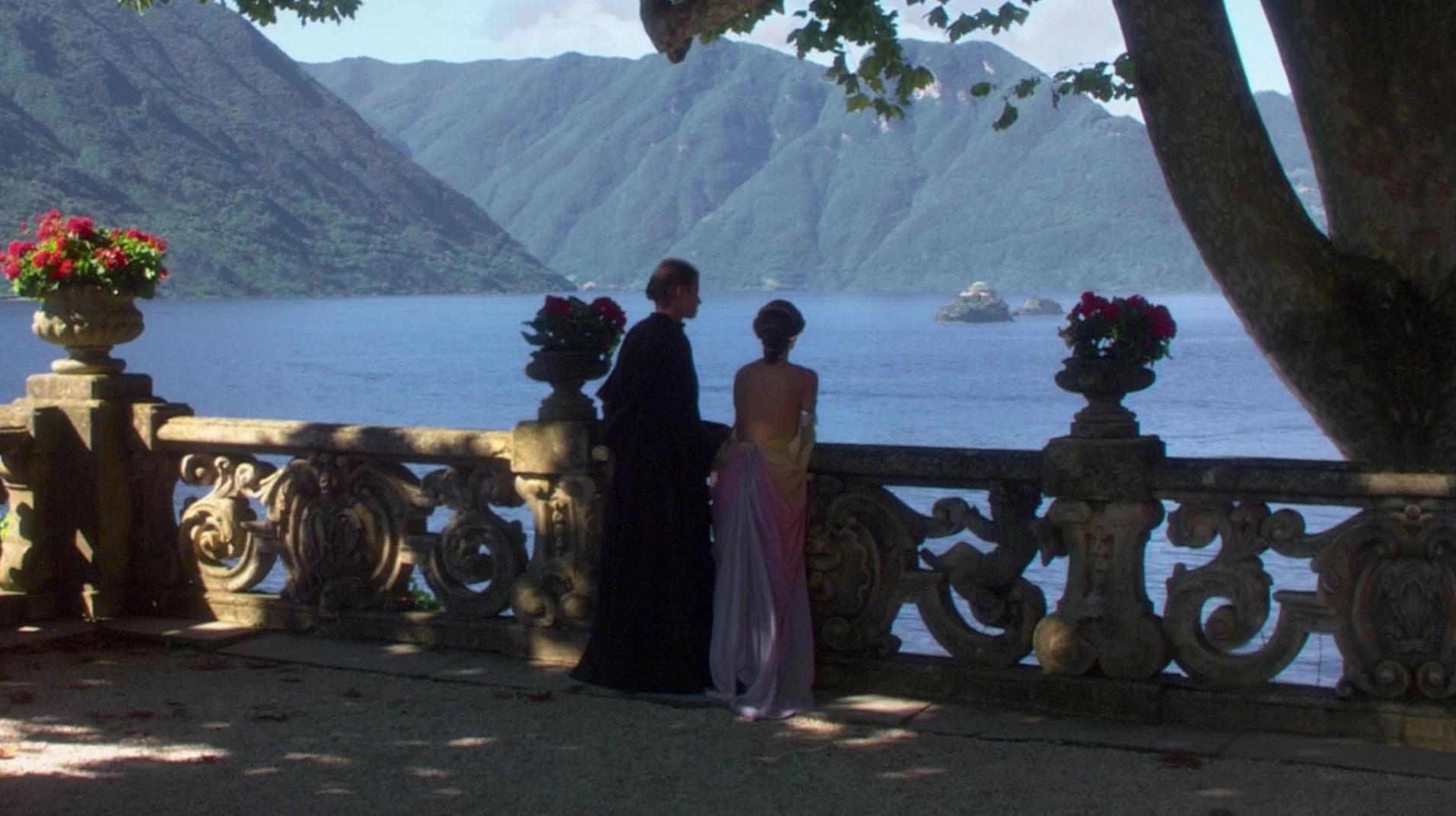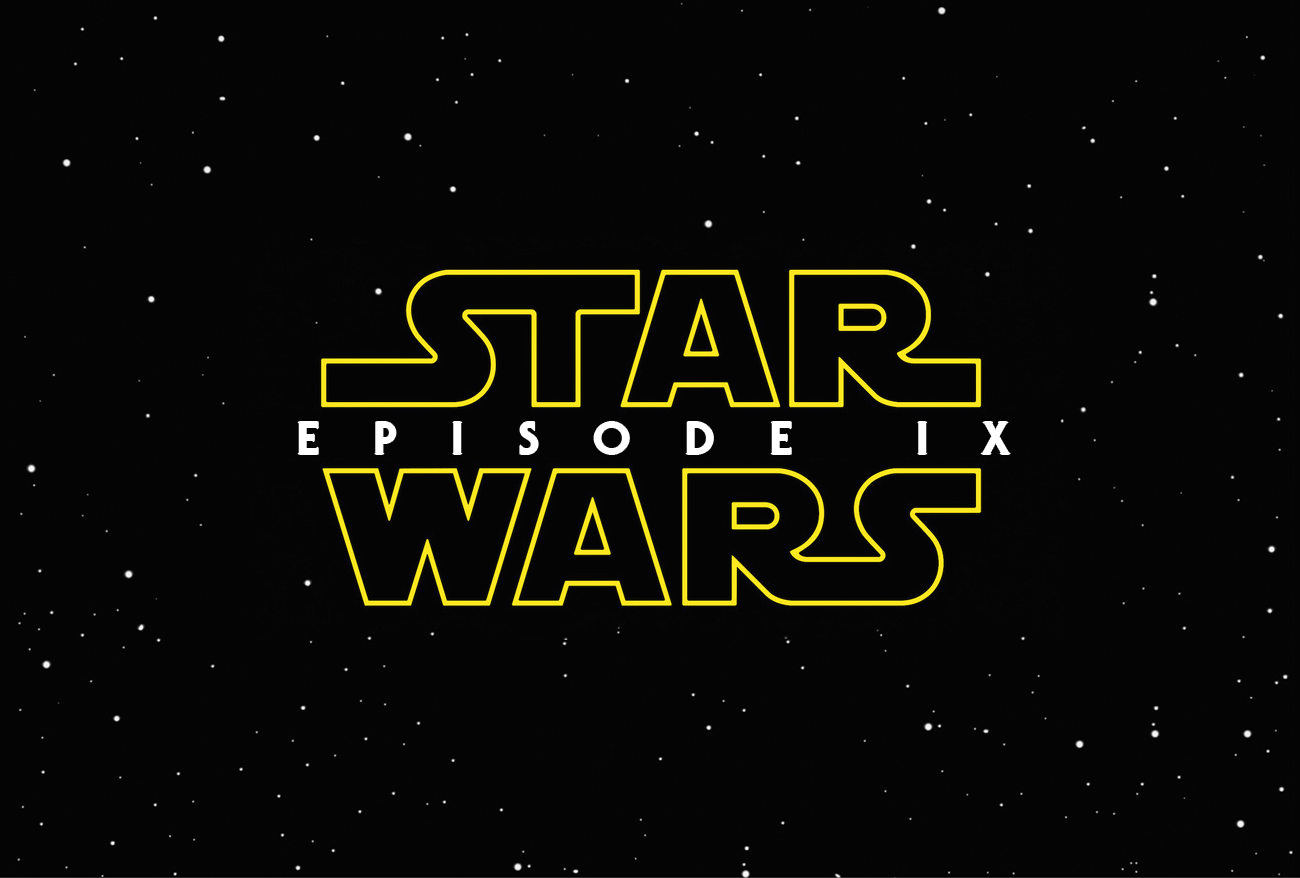This article was originally published at the venerable Coffee With Kenobi
Attack of the Clones was on TBS the other
day. I dutifully and joyfully put it on. This under-appreciated episode
of the Saga is much maligned, and I think that is wrong. While viewing
this visually stunning masterpiece, I realized that I was reciting all
of the lines along with the movie. Like some people sing along to
“Bohemian Rhapsody,” “Sweet Caroline” or “Frankenstein,” I find that
speaking along with these movies is comforting and helps me to find new
depth in them. So then the question arises: How can we see these movies
for what they are, and not what we expect them to be? By this I mean an
even more basic question. Can we ever see these movies new again?
For the past decade we have been treated to The Clone Wars and Star Wars Rebels,
each of which has offered new insights to Episode II (among other
things); and I would say that it has made it an entirely different
movie. So, I ask myself, can I see this movie fresh, or is it constantly
going to be colored by preconceived notions that I, myself, bring to
each viewing? What if I had seen Episode II after the various cartoon
series? And if I had, what would have changed? Certainly not the
cinematic output, but me. I would have changed with more insight, or
having been at a different stage in my life.

And I realized that Attack of the Clones
being the middle installment of a Trilogy, was robbed of the suspense
that such a movie deserves. We knew going in what the outcome would be.
We knew who Anakin would become, where Yoda would end up. The end of the
story was known before the first reel ever rolled. And an existential
crisis for the viewer continued.
The crisis is that we put judgments onto things
because of our own prejudices and experiences that almost become
indelibly part of that experience. It is nigh on impossible to
reinterpret an event, an experience or a piece of knowledge after it has
been decided upon. How many of our brothers and sisters in fandom speak
about the earliest viewings of A New Hope? And the younger
generation that speaks as if Ahsoka has always been around believes that
this is so. What glorious fruits of contemplation could we uncover if
we could experience all of this again, as if it were the first time?
/cdn.vox-cdn.com/uploads/chorus_image/image/59096577/Rodin_Museum.0.jpg?resize=450%2C300&ssl=1)
On
the one side of this equation, I propose, is anxiety. I know that I
myself am afraid to let go of my personal understandings, to reexamine
my judgments, lest I find out that I am not, in the end, the arbiter of
all things truthful. I am confronted when my judgement or expectation
must change in the light of some subsequent information or development.
On the other side is freedom. I find that when I am
open to interpretations or well-considered teachings of the more
knowledgeable and righteous of a given community, whether of fandom or
of faith, I can be brought to greater levels of understanding that are
not dependent on my own myopic experience. The world doesn’t depend on
me! I am not at the center of the universe! This is a most freeing
realization.

Where
I live in upstate New York we have breathtaking vistas of high rolling
hills, miles long lakes and ancient creeks that have witnessed every
epoch of human habitation. And on queue, the earthy fall foliage was
covered with an expanse of white snow. As expected. Thousands of
commuters were caught off-guard, and many citizens thronged the stores
for their French toast ingredients (you know: bread, milk and eggs!).
The news droned on about the same old disaster we have each year. But
what if we looked differently right out our own windows? What if instead
of slick roads and damnable weather, we saw something new and wondrous
happening? Instead of the hustle of everyday life, running to and fro,
we have an opportunity to see the world anew, instead of the tired
backdrop of an unexamined life. The muck of life covered by a forgiving
and cleansing blanket of white. Intellectual and emotional freedom are
available to all, and offered throughout the world just outside of our
home’s windows.
This freedom is all around us. And I would like to
propose that the unknown conclusion to the Sequel Trilogy offers the
same delicious opportunity.

What
do you think about how the Sequel Trilogy ended? I am truly asking, it
is a serious question — and a very important one. Have you already come
to a conclusion about where this trilogy is going? Are you expecting a
parallelism or an anti-parallelism to one or the other of the previous
trilogies?
I would bet that more than a few Star Wars
fans have some inkling to the answers to these questions, though they
would not have known that they were already answering them. And your
answer will be highly personal, based on real world experiences,
commitment to the saga and the amount of free time one has to
contemplate such things. But what if your expectations were on changing
yourself, and not on imposing yourself upon the Trilogy? Listen to Elsa,
my friends: Let it go!

Since
1983, we have actually known too much. The outcome of the Saga has
always been known for 35 years. Even the prequels had a very definite
ending to which they were trending, and we knew it. But now we have one
movie to tie together a complex trilogy. Do not go into the theater with
an expectation, but with an openness to the profound wonders to come.
In a world that tells us to put on the masks of self-importance and
pretense of individual omnipotence, we fans have the glorious
opportunity to grow our souls through being witnesses to the greatness
of a story that we are seeing new for the first time.

No comments:
Post a Comment